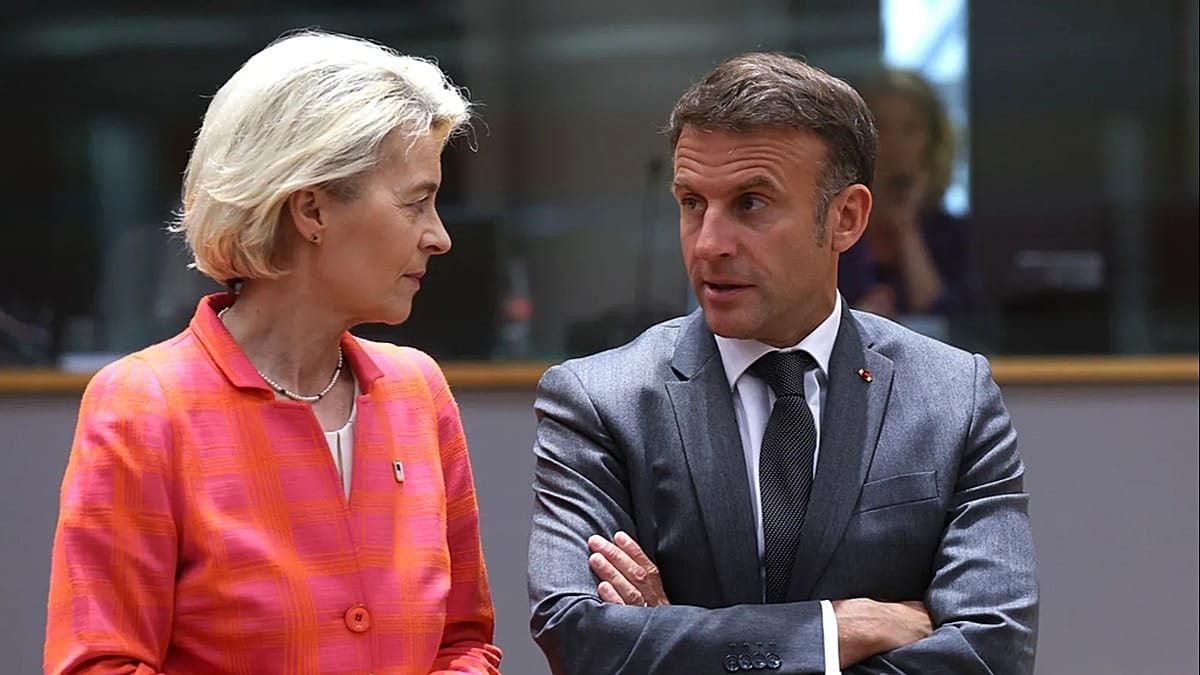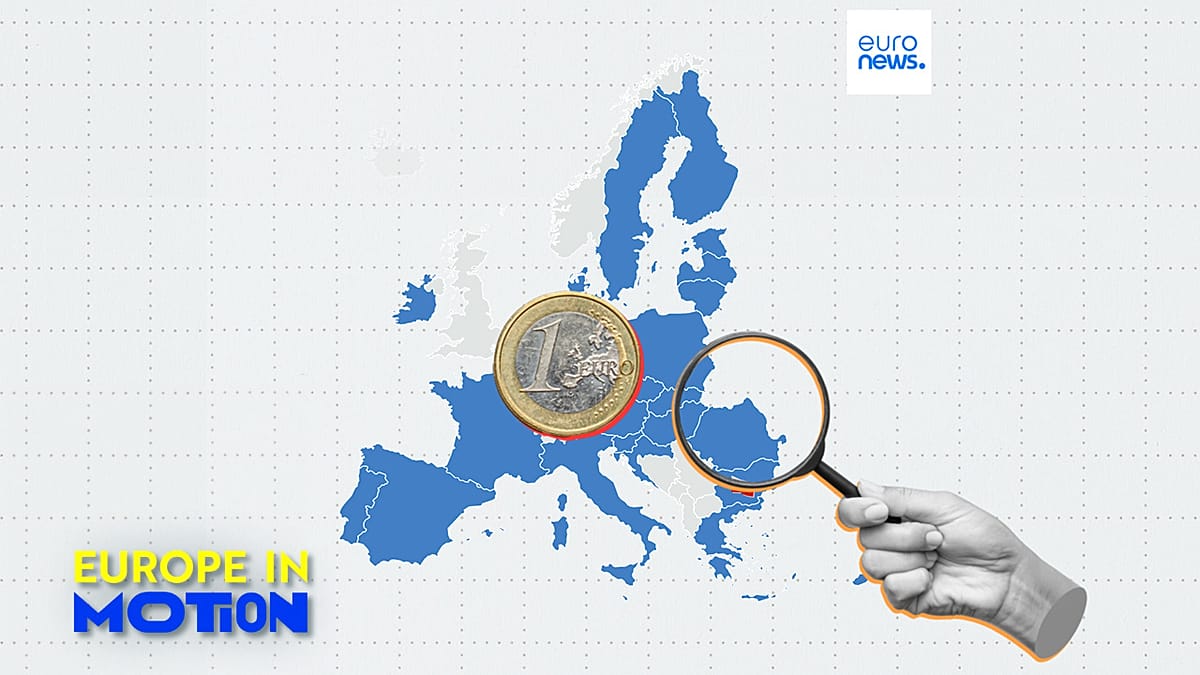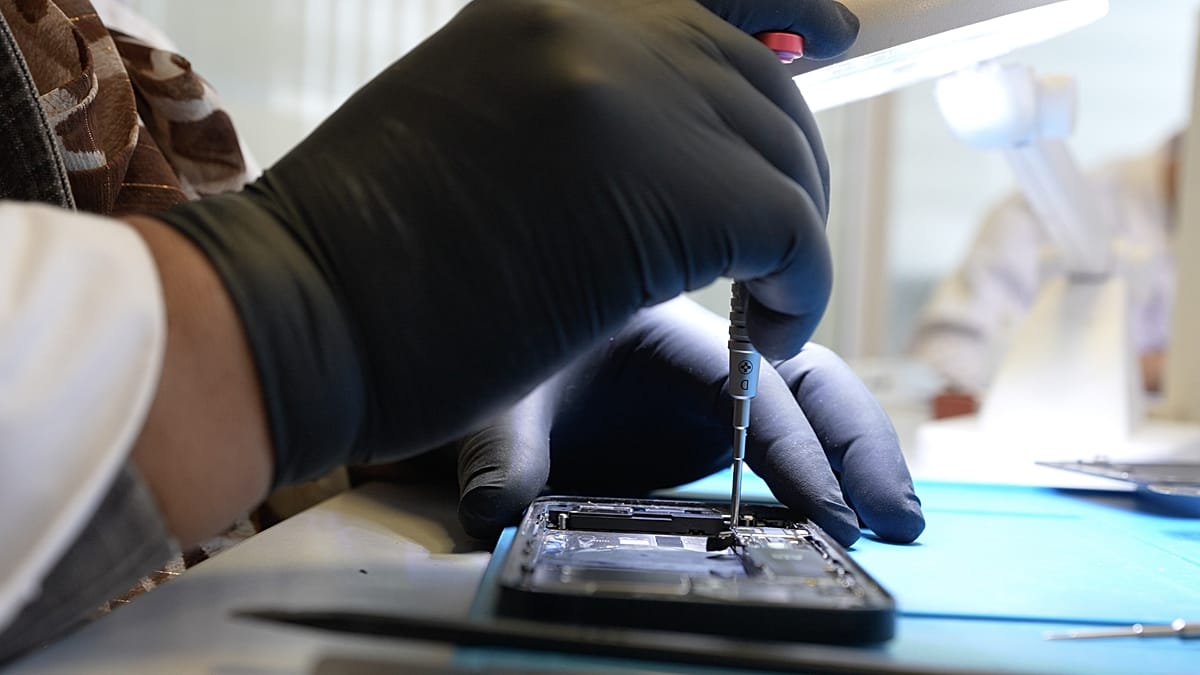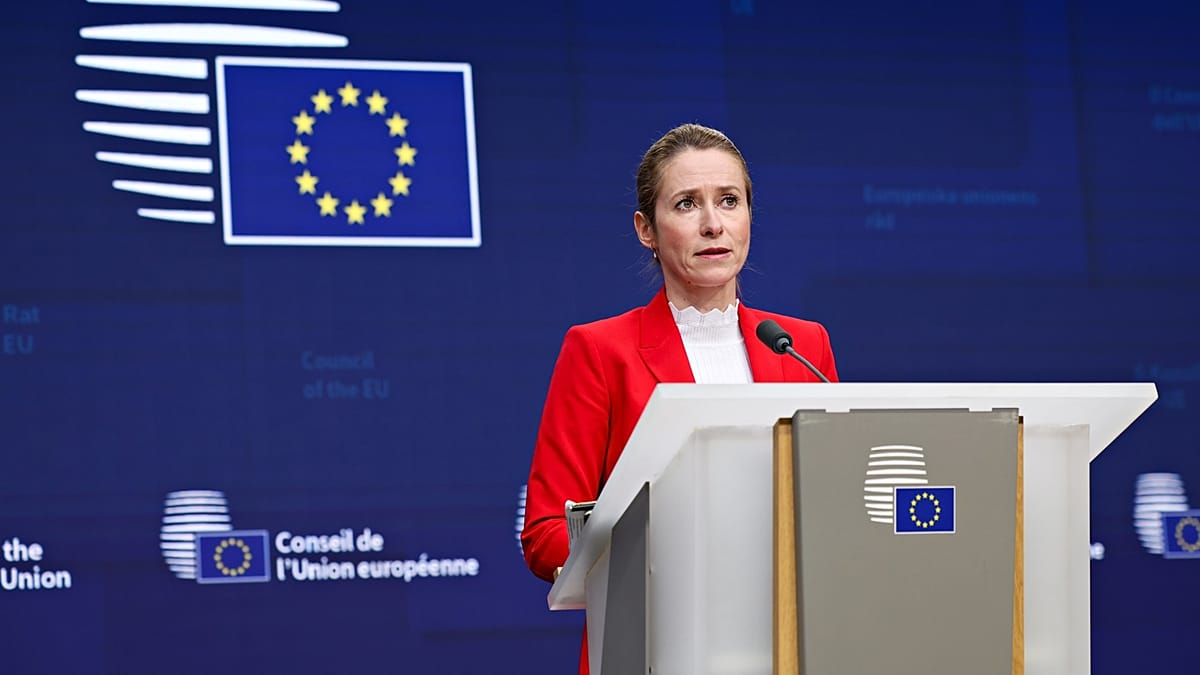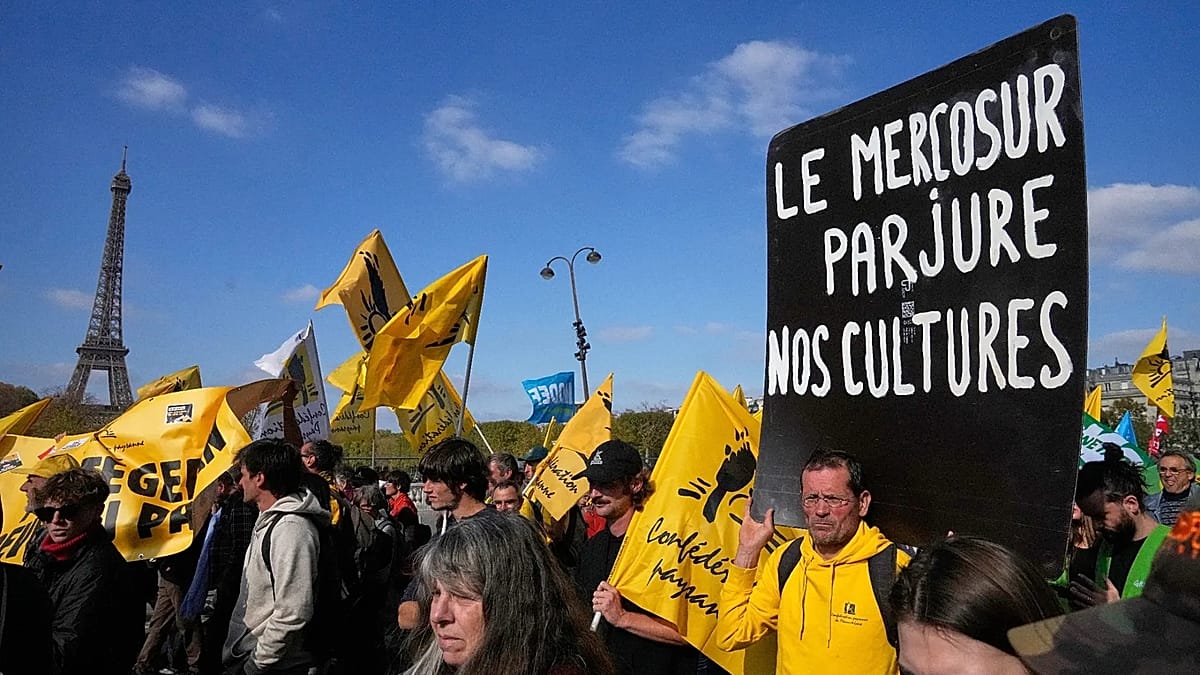
Children of surviving sailors from a New Zealand Royal Navy protest mission against nuclear testing in French Polynesia over 50 years ago are calling for ongoing support for future generations who may suffer from unexplained health issues.
Watch Marae’s full report on TVNZ+.
Donna Weir’s father, Allan Hamilton, served in the Royal NZ Navy and was sent to Mururoa Atoll onboard the HMNZS Canterbury, one of two frigates that were deployed in 1973 to peacefully protest France’s nuclear testing regime in the Pacific. It was there Hamilton witnessed two nuclear blasts and was exposed to radiation.
He died decades later of cancer at the age of 73.
Weir has been searching for answers on what lasting impact there is on his and other veterans’ descendants.
“There seems to be a bit of a pattern where what I call first generation of Mururoa children, we seem to have a lot of fertility issues, a lot of miscarriages, that’s certainly been the case for me,” she told TVNZ’s Marae.
She said there were a number of children born of the men who returned with health abnormalities that were unexplained.
“The more we all started talking the more we’re all like, ‘actually, this is really strange’. And so that was when they really started asking questions.”
In Weir’s case, her daughter was born eight weeks premature and had stomach and bowel issues, and her son was born with eyesight issues and had trouble crawling and walking.
“[He] was non-verbal until he was about five years old. He used to have a talking device; he had the little ACL splints on his legs. He was diagnosed with ocular motor apraxia which is a thing where your eyes are unable to perform a saccade which is moving left to right.”
He has hyperdontia and will need braces, she said, and they had paid tens of thousands of dollars to support her son to talk.
“It’s all these little genetic things that it’s like there’s no history of this in our family.”
It came as a relief when in 2024 the Government offered genetic counselling and testing to children of Mururoa veterans.
“Let’s get some answers and let’s spend this money wisely. We don’t want to waste it. And then I guess following on from that, we would need to be supported, not in terms of a payout, nobody’s asking for that, but, you know, it might be that, yep, you might need a few more colonoscopies than your next-door neighbour or your children might need better access to learning support or optician care. We would like it extended, actually, to the grandchildren,” said Weir.
Government response
When asked why it took so long for Mururoa veterans and their children to be recognised, Veterans Minister Chris Penk said he was unsure about the reason for the delay.
“Under previous governments, obviously the question may have been considered, but I’m really pleased now that that’s been the case for those gentlemen who are still alive today and able to know that their country has recognised their service, respects and admires and is grateful.
“That is really important to me and this government, and I’m sure all New Zealanders.”

He said there is a possibility that some sailors were exposed to harmful levels of radiation, but he maintains that the evidence says otherwise.
“The scientific evidence indicates that it’s probably not the case that there are ongoing significant health implications, but of course, as a Government, we’re really concerned to ensure that any ill effects in terms of health, even all these years later, are understood.
“So, what we’ve done is introduce genetic testing as available, voluntarily of course, for subsequent generations, as well of course as the sailors themselves who witnessed those activities back in the day.”
He added: “We’ve got a system deliberately in place that if it is the case that there are conditions that are or may be associated with those activities that they witnessed and were part of, then they will have the assistance they will need as entitlements under the Veteran Support Act.”
The minister said that while uptake has been low the genetic counselling and testing available in Aotearoa is robust and fit for purpose but is open to addressing any concerns.
“I think over the years there have been, quite rightly, calls for better honouring, better recognition, better understanding of what those who went to Mururoa, for example, and others went through. I think we’ve got there now, but it’s taken longer than it should have so I have the opportunity now to say we thank them for their service, we’re grateful, and we want to know on an ongoing basis if there are more things we could do in terms of testing, recognition and understanding.”
Claims for Mururoa veterans are now in front of the Waitangi Tribunal as part of the Military Veterans Kaupapa Inquiry (WAI 2500).
Watch the full report on TVNZ+.

